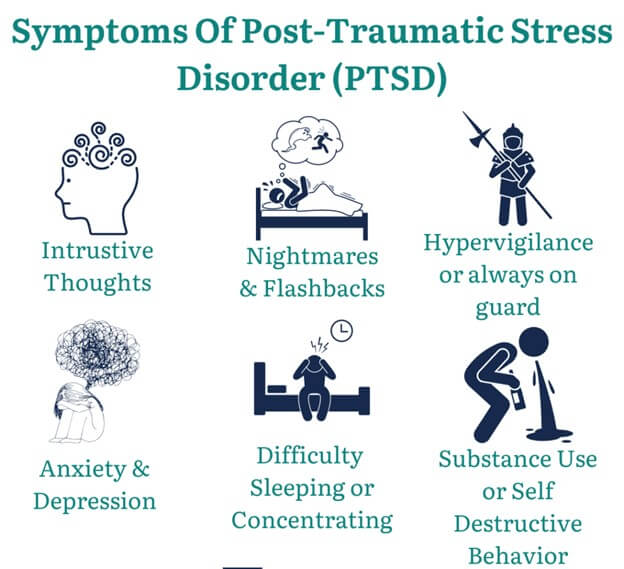A nurse in an emergency department is caring for an adolescent client who reports being sexually assaulted just prior to admission. Which of the following actions should the nurse take?
Discuss self-defense techniques with the client.
Give the client a bed bath prior to physical examination.
Inform the client photographs of injuries are required for a police report.
Ask the client to describe the situation.
The Correct Answer is D
A. Discuss self-defense techniques with the client: Incorrect
While self-defense techniques can be useful information, discussing them immediately after a traumatic event like sexual assault may not be appropriate. The client's immediate needs for emotional support, medical evaluation, and safety are more pressing.
B. Give the client a bed bath prior to physical examination: Incorrect
In cases of sexual assault, preserving evidence is important for legal purposes and for the client's well-being. Providing a bed bath could potentially compromise evidence and hinder a thorough examination by healthcare professionals.
C. Inform the client photographs of injuries are required for a police report: Correct
Preserving evidence is crucial in cases of sexual assault, especially if the client intends to involve law enforcement. Informing the client about the importance of photographs for a police report is appropriate and can contribute to a potential legal investigation.
D. Ask the client to describe the situation: Correct
It's important to encourage the client to share their experience, but it should be done in a sensitive and supportive manner. Gathering information about the situation can help the healthcare team understand the scope of the assault, provide appropriate medical care, and offer necessary emotional support.
Nursing Test Bank
Naxlex Comprehensive Predictor Exams
Related Questions
Correct Answer is C
Explanation
A) "My child was born with a birth defect due to an exposure I had overseas."
This statement does not directly relate to the core symptoms of PTSD. While exposure to trauma can have a variety of consequences, including potential exposure-related health issues, this statement does not necessarily indicate the re-experiencing, avoidance, or hyperarousal symptoms characteristic of PTSD.
B) "I check any room I enter because the enemy is still after me and could be hiding anywhere."
This statement is more indicative of hyperarousal and hypervigilance, which are common symptoms of PTSD. However, it does not explicitly involve re-experiencing the traumatic event through nightmares or intrusive memories, as described in the correct answer.
C) "In my dreams, all I can see are the wounded reaching out and trying to grab me."
Explanation:
The statement "In my dreams, all I can see are the wounded reaching out and trying to grab me" indicates symptoms commonly associated with posttraumatic stress disorder (PTSD). This statement reflects the re-experiencing symptom cluster of PTSD, where individuals may have distressing and intrusive memories, nightmares, or flashbacks related to the traumatic event they experienced. The imagery of wounded individuals trying to grab the person suggests a strong emotional impact and ongoing distress related to the traumatic experience.
D) "I killed four enemy soldiers with my bare hands and saved my entire battalion."
While this statement might reflect exposure to a traumatic event and could contribute to symptoms of PTSD, it is presented in a way that seems more like a narrative of heroic actions rather than a symptom of distress or re-experiencing.

Correct Answer is ["2"]
Explanation
The nurse should administer 2 tablets of olanzapine 10 mg orally-disintegrating tablets per dose.
Here's the calculation:
20 mg (desired dose) ÷ 10 mg (strength of each tablet) = 2 tablets
So, the nurse should administer 2 tablets of olanzapine 10 mg orally-disintegrating tablets per dose.
Whether you are a student looking to ace your exams or a practicing nurse seeking to enhance your expertise , our nursing education contents will empower you with the confidence and competence to make a difference in the lives of patients and become a respected leader in the healthcare field.
Visit Naxlex, invest in your future and unlock endless possibilities with our unparalleled nursing education contents today
Report Wrong Answer on the Current Question
Do you disagree with the answer? If yes, what is your expected answer? Explain.
Kindly be descriptive with the issue you are facing.
